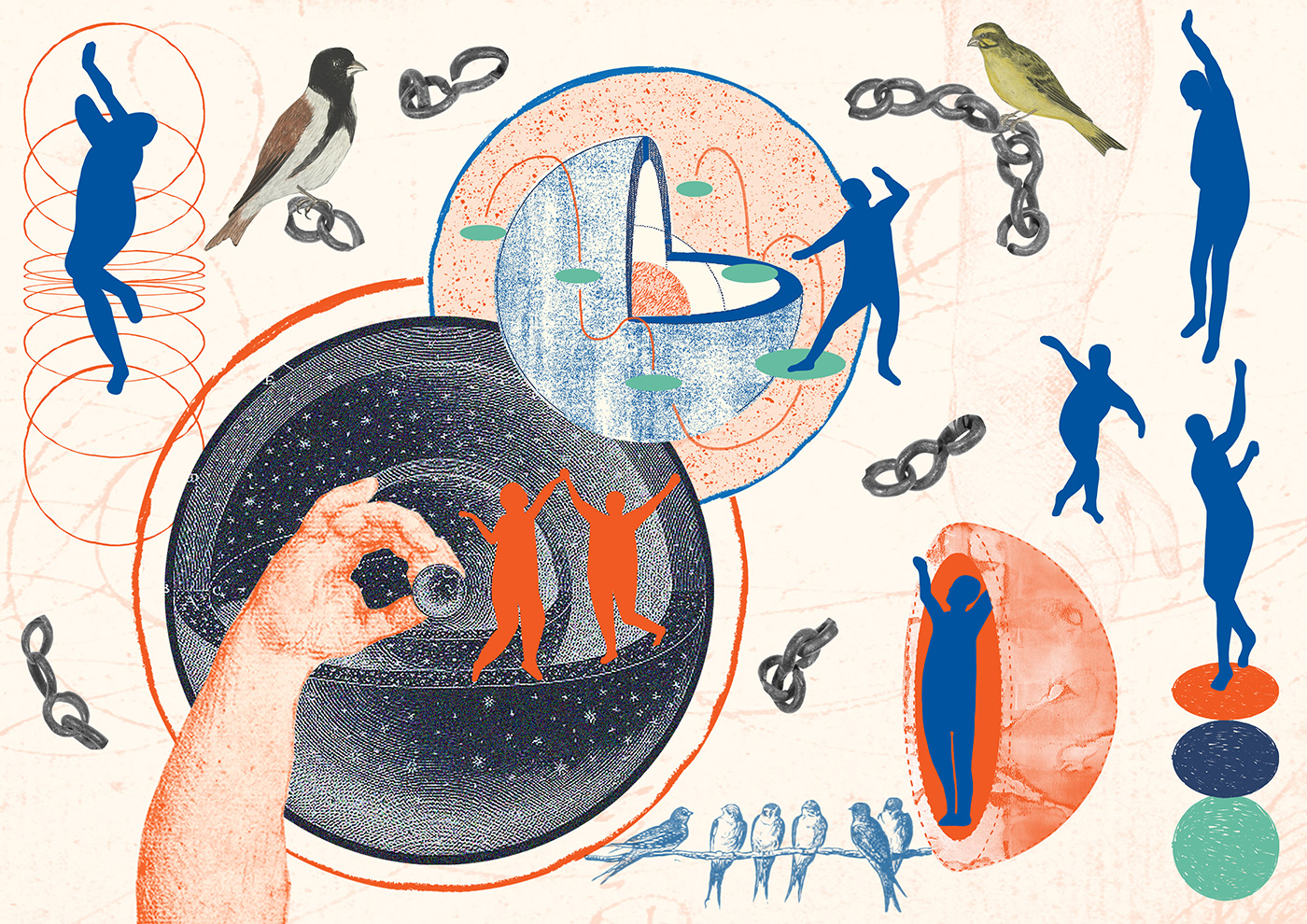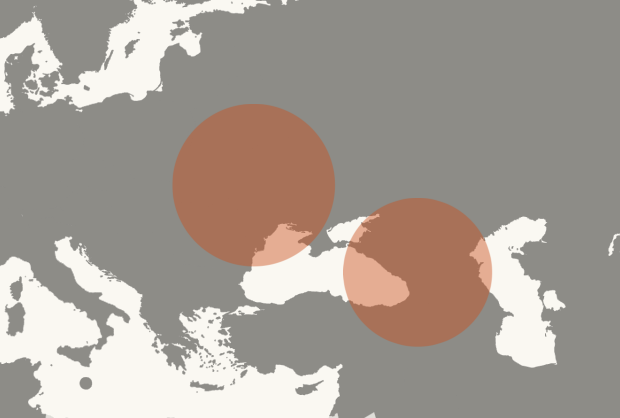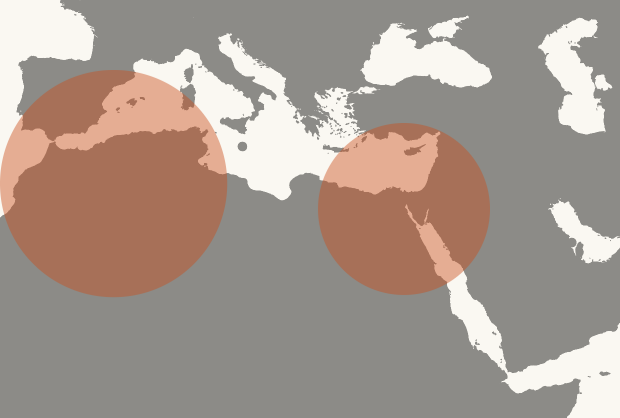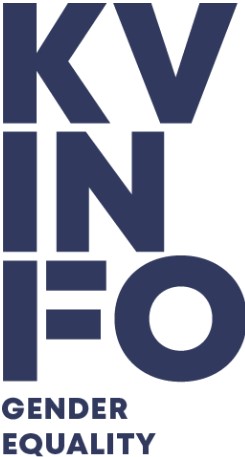Where we work
Gender and Equality Internationally

WORKING FOR GENDER JUSTICE INTERNATIONALLY
KVINFO has since 2006 together with local partners in the Middle East and North Africa been working for improved gender justice – gender equality and women’s rights – in the Danish-Arab Partnership Programme (DAPP). DAPP is Denmark’s collaboration program with the Middle East and North Africa.
Through partnerships, the programme aims to improve human rights and inclusion and ensure economic opportunities, especially for young people and women in the region,.
From 2017-2022 KVINFO was leading the Gender Equality Programme, which included coordination of 18 organisations based in MENA (Jordan, Egypt, Tunisia, Morocco), five in Denmark, and one regional UN agency.
Through these partnerships, KVINFO has strengthened the capacity of rights holders to claim their rights and the capacity of duty bearers in Morocco, Tunisia, Egypt and Jordan to respond to these claims.
In July 2022, a new phase of the Danish-Arab Partnership Programme (2022-2027) was initiated. KVINFO is one of four member organisations in the consortium of Human Rights and Inclusion, together with .
In 2021, KVINFO expanded its work to Ukraine, supported by the New Democracy Fund and the Ministry of Foreign Affairs of Denmark’s Eastern Neighbourhood programme. This work supports efforts to tackle gender-based violence, strengthen women’s participation in public and political life, and challenge gender stereotypes that disenfranchise people. Since 2024, KVINFO also works in Armenia and Moldova within the Ministry of Foreign Affairs of Denmark’s Eastern Neighbourhood programme.



